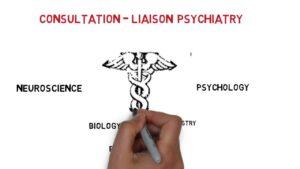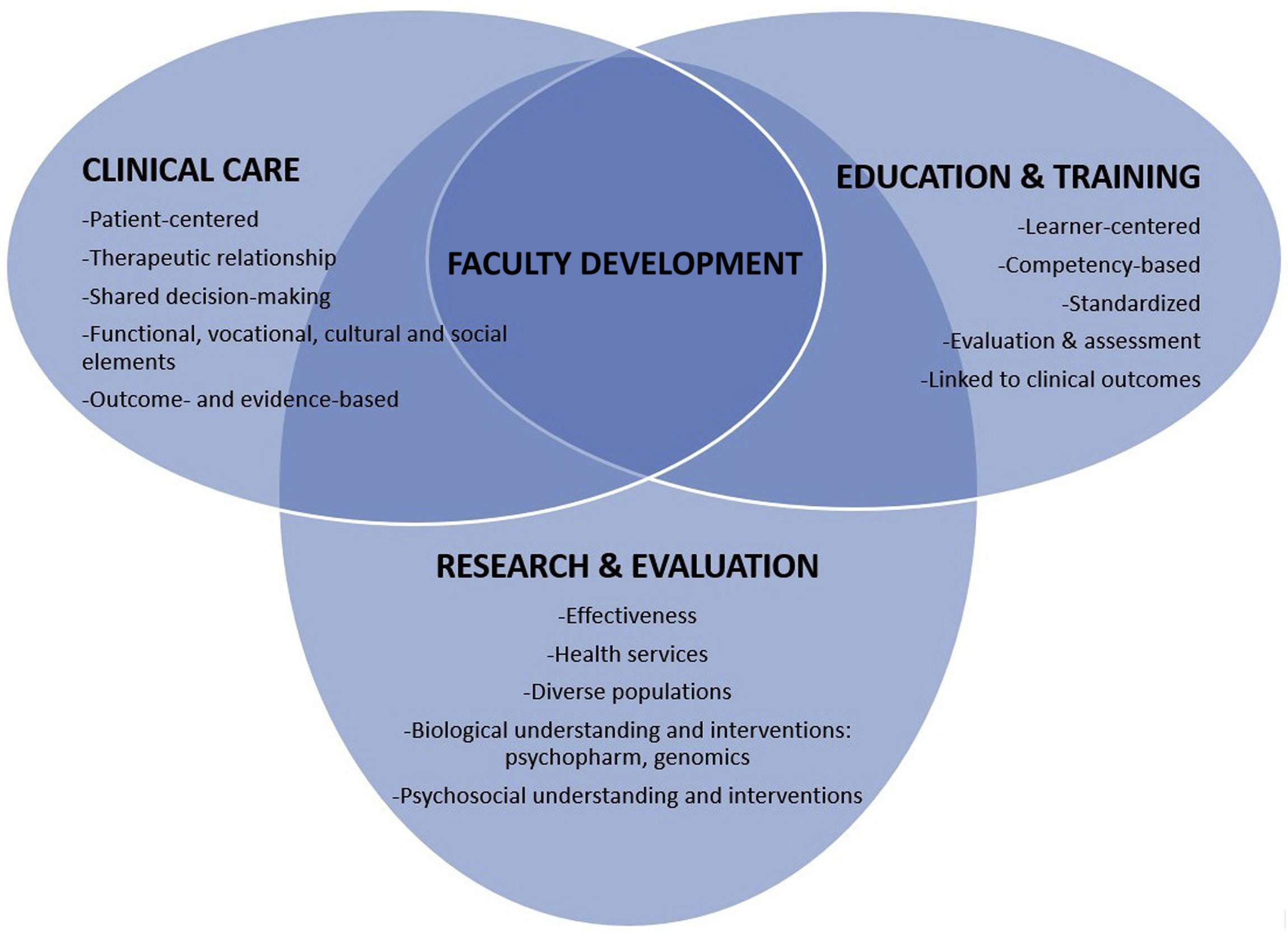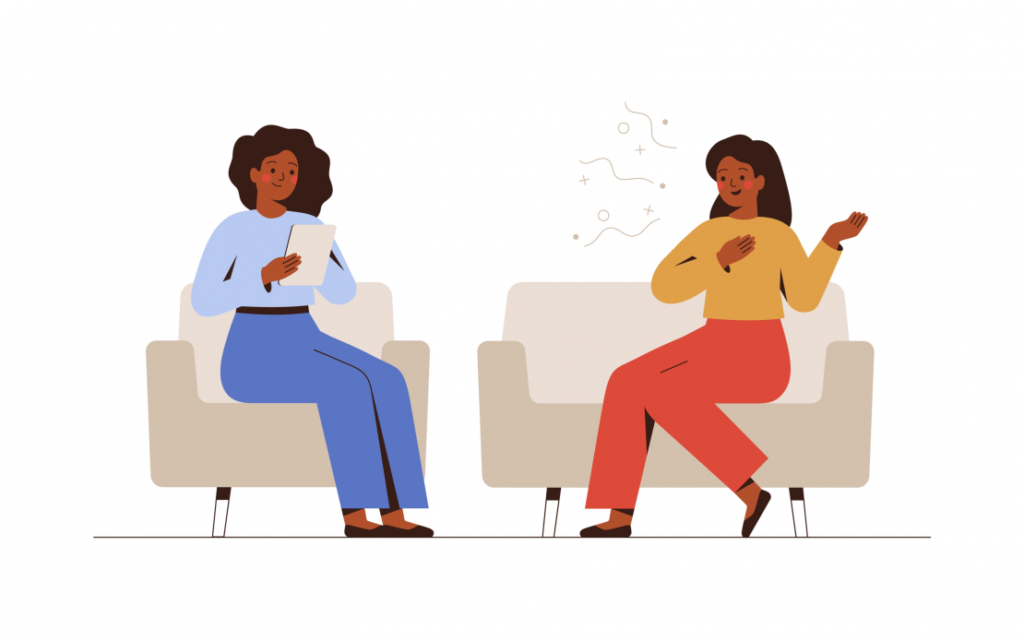Consulting is a special area of psychiatry that helps other doctors with their work. A consultant is a person who helps you with things. A consultant may be called in when another doctor has told someone that they need to talk to a psychiatrist or psychologist. If you are going to a hospital, nursing home, or long-term care facility, your doctor may talk with you before you go. They will ask about what kind of care you might need.
Contents
- 1 What Is Consultation-Liaison Psychiatry?
- 1.1 Understanding the Breadth and Depth of Consultation-Liaison Psychiatry
- 1.2 How to Become a Consultant-Liaison Psychiatrist?
- 1.3 What Does a Consultant Do?
- 1.4 How Is It Done?
- 1.5 Stages Of Consultation-Liaison Psychiatry
- 1.6 Try a Rotation in Consultation-Liaison Psychiatry
- 1.7 Benefits Of Consultation-Liaison Psychiatry
- 1.8 Negatives Of Consultation-Liaison Psychiatry
- 2 Conclusion
What Is Consultation-Liaison Psychiatry?

Consultation-liaison psychiatry is a medical specialty that focuses on treating people who are very sick. Some patients who go to the hospital or a different facility may need to stay there. Others only need mental health treatment. A psychiatrist helps other doctors. Doctors need information about what to do with people who have a mental illness. The psychiatrist will be the one to tell them that information. Another important part of this job is making sure that the patient gets the care they need.
Understanding the Breadth and Depth of Consultation-Liaison Psychiatry

The psychiatrist has to understand a lot about different illnesses. They need to be able to treat all kinds of mental health problems. This may include things like:
- Depression: Feeling very sad or hopeless most of the time.
- Anxiety: Feeling worried, tense, or scared a lot of the time.
- Bipolar disorder: Feeling very happy and high one day, and feeling very down or low the next.
- Schizophrenia: Hearing or seeing things that are not there, or believing that someone is trying to harm you.
- Eating disorders: Eating too little or too much, and feeling very upset about your weight or body shape.
- Personality disorders: Having problems with how you think and feel about yourself, and how you act towards other people.
- Addiction problems: Using drugs or alcohol in a way that is harmful to you, or being unable to stop using them even though you want to.
- Suicide: Feeling like life is not worth living, and wanting to end your life.
In some cases, the psychiatrist will also have to know how to treat physical problems. These can include things like heart disease or diabetes. The doctor will also need to know about the medicines people are taking.
This is an important job because it helps people who have mental health problems. This is a very important job. Doctors who do not specialize in psychiatry might not know how to help patients with mental illness. By having a consultant, they can get the help they need.
How to Become a Consultant-Liaison Psychiatrist?
If you want to become a consultant-liaison psychiatrist, there are some things you will need to do. First, you will need to complete medical school. After that, you will need to do a residency in psychiatry. This is where you learn how to treat mental health problems. You may also want to consider doing a fellowship in consultation-liaison psychiatry. This is an extra year of training that can help you specialize in this area.
It is important to have good communication skills if you want to be a consultant-liaison psychiatrist. You will need to be able to talk with other doctors and understand what they are saying.
What Does a Consultant Do?
A consultant is someone who helps you. A psychiatrist is someone who can help doctors by telling them how to do things about people’s mental health. This includes teaching about plans of treatment, medication management, and how one will return home. Psychiatrists also teach others about how to treat people with mental health problems. They may be called upon for consultation in any medical situation where psychiatric issues are involved; this could include emergency departments, intensive care units (ICUs), operating rooms (ORs), and labor delivery suites (LDS).
How Is It Done?
There are different ways to become a consultant. Some people work as psychiatrists for a certain number of years and then become consultants. Other people may only work as consultants and not have a job as a psychiatrist. In order to be a consultant, you must have special training in consultation-liaison psychiatry. This is different from the training that psychiatrists receive in general psychiatry.
Stages Of Consultation-Liaison Psychiatry

The following are the general stages of consultation-liaison psychiatry:
- Pre-consultation phase: This is where the psychiatrist gathers information about the patient. This may include things like medical history, current medications, and mental health history.
- Interpretive phase: During this stage, the psychiatrist tries to understand what is happening with the patient. They will look at all of the information they have gathered so far.
- Diagnostic phase: This is when the psychiatrist decides which mental health problems the patient has.
- Treatment planning phase: During this stage, the psychiatrist develops a plan for treating the patient’s mental health problems.
- Implementation phase: This is when the plan is put into action.
- Evaluation phase: This is when the psychiatrist evaluates how well the plan is working.
Try a Rotation in Consultation-Liaison Psychiatry
People who want to work as consultant-liaison psychiatrists must go through the training. This is usually done during a psychiatry residency program or fellowship in consultation-liaison psychiatry. However, if you are interested in this field, you may want to try a rotation in consultation-liaison psychiatry. This is an opportunity to work with consultants and learn about their jobs. It can also help you decide if this is the right career for you.
Benefits Of Consultation-Liaison Psychiatry

There are many benefits to being a consultant-liaison psychiatrist.
- One benefit is that you get to help other doctors learn about mental health problems. You also get to teach them how to treat these problems.
- Another benefit is that you can do research on mental health problems in different settings. This type of research can help us understand these problems better.
- Finally, you get to be involved with your patients in more ways. You can help them get the care they need, whether it is physical or mental health care.
Negatives Of Consultation-Liaison Psychiatry

There are some negatives to being a consultant-liaison psychiatrist.
- One downside is that you may not get to see your patients as often as you would like. This can be tough because you may want to follow their progress closely.
- Another downside is that it can be hard to find jobs in this field. There are not many openings for consultants, and competition is high.
However, the benefits of this job outweigh the negatives. If you want to be a psychiatrist and help other doctors learn about mental health problems, then consultation-liaison psychiatry may be the right career for you.
The important thing for people with mental health problems is getting the care they need. By having a consultant, they can get the mental health care they need to recover from their problems.
In order to be a consultant, you must have special training in consultation-liaison psychiatry. This is different from the training that psychiatrists receive in general psychiatry. You can only get this through additional residency or fellowship programs after your initial psychiatric residency program ends.
Consultants may work as psychiatrists for a certain number of years and then become consultants. Other people may only work as consultants and not have a job as a psychiatrist. In order to be a consultant, you must get special training in psychiatry. You will learn how to treat people with mental health issues such as schizophrenia, personality disorders, and anxiety disorders. After your residency is done, you can go through a fellowship program that trains you for this type of work.
Conclusion
Consultation-liaison psychiatry is a new way to deal with mental illness. It’s like having someone who helps you make decisions about what will happen to your body. The field of psychotherapy has grown a lot and it is now important within psychiatry. It attracts people from different backgrounds like psychology, social work, and medicine. This is a good thing. We wonder how it will change. It might not be a bad thing.
The field of psychiatry is changing. We are getting better at diagnosing and treating mental health problems. However, there are still many people who do not get the help they need. This is especially true for people with mental health problems in the developing world. In order to address this problem, we need more psychiatrists.
For more information, please contact MantraCare. Online therapists are increasingly important in today’s world because they provide a convenient and accessible way for people to receive mental health support and treatment. Visit MantraCare If you are searching for “therapist near me”. Book a trial Online therapy session


